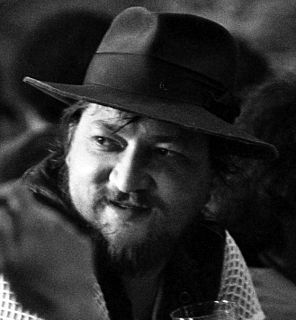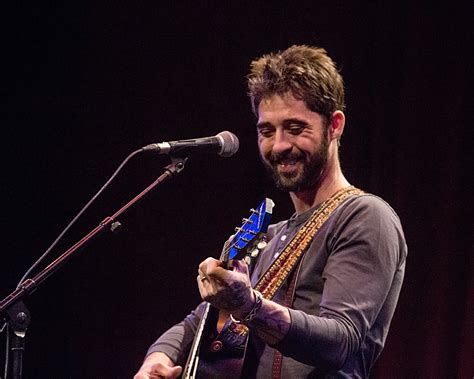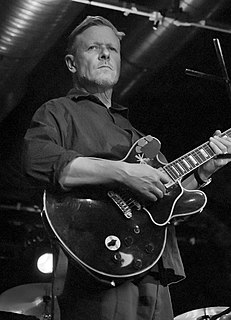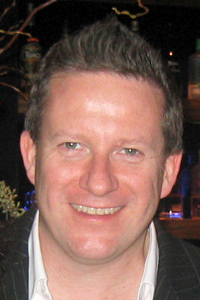A Quote by David Mitchell
Related Quotes
Myths, as compared with folk tales, are usually in a special category of seriousness: they are believed to have "really happened,"or to have some exceptional significance in explaining certain features of life, such as ritual. Again, whereas folk tales simply interchange motifs and develop variants, myths show an odd tendency to stick together and build up bigger structures. We have creation myths, fall and flood myths, metamorphose and dying-god myths.
Make no mistake, your relationships are the heaviest components in your life. All those negotiations and arguments and secrets, the compromises. The slower we move the faster we die. Make no mistake, moving is living. Some animals were meant to carry each other. To live symbiotically over a lifetime. Star crossed lovers, monogamous swans. We are not swans. We are sharks.
We still like to make up stories, just as our ancestors did, which use personification to explain the great forces of our existence. Such stories, which explain how the world began or where the sun goes when it sets, we call myths. Mythology is a natural product of the symbolizing mind; poets, when not making up myths of their own, are still commanding ancient ones.





































